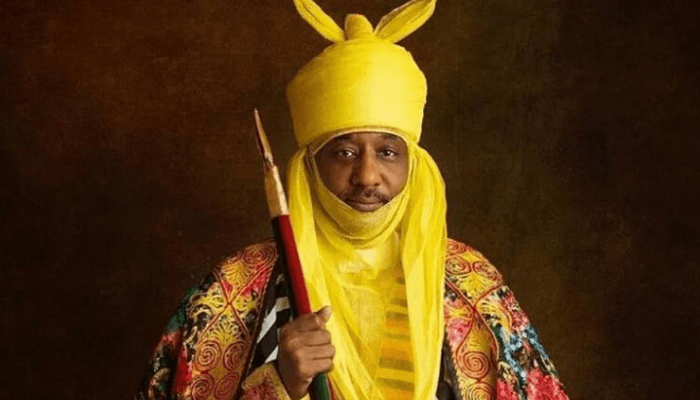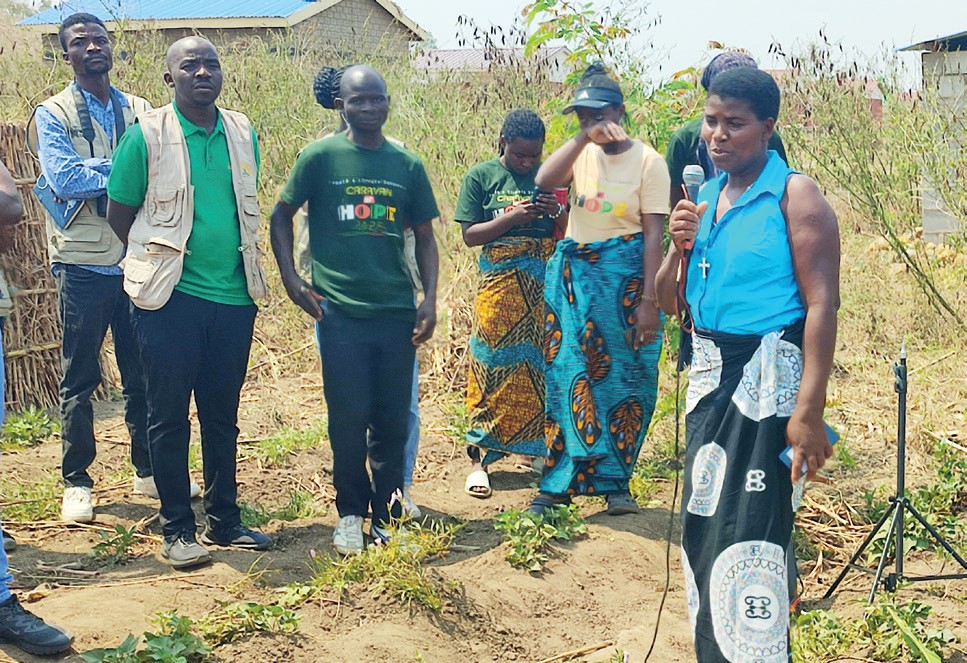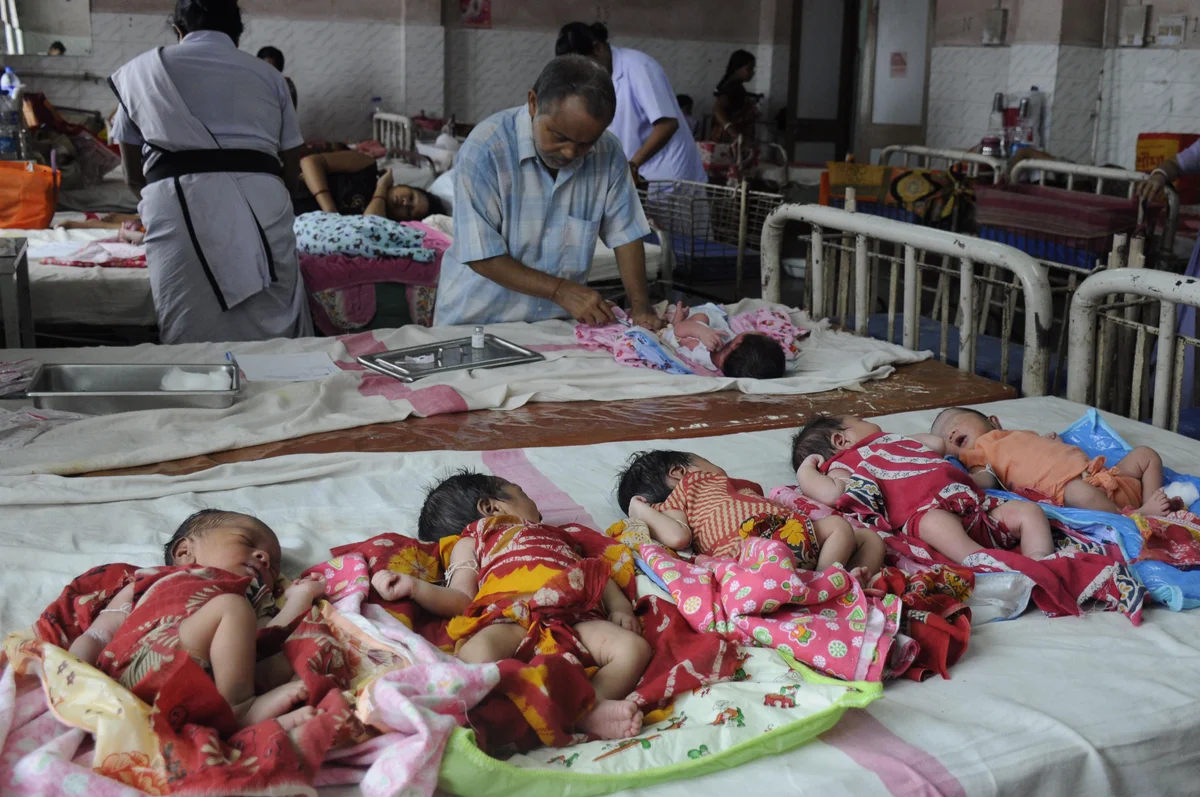By Athekame kenneth
Copyright businessday

In a stark warning to the Nigerian government, the Emir of Kano, Muhammadu Sanusi II, expressed deep concern over the country’s rising debt and its potential to cripple the economy for future generations. Speaking at the Kano International Poetry Festival, the former Central Bank of Nigeria governor didn’t mince words, stating that the government is borrowing at an alarming rate without investing in the country’s most valuable resource: its youth.
Sanusi pointed out that Nigeria’s national debt is nearing a staggering 150 trillion naira, a figure that has ballooned dramatically. He argued that if this money were being used to educate and empower young people, it would be a worthwhile investment. However, he lamented that the borrowed funds are not being directed toward productive sectors, but are instead being squandered. This reckless spending, he warned, will inevitably lead to a severe debt crisis within the next two decades, with the burden falling squarely on the shoulders of an unprepared populace.
He also criticised the lack of visionary leadership in Nigeria, describing the country’s leaders as “lousy.” He noted that while other nations are focused on critical global issues like climate change and artificial intelligence, Nigeria remains stuck in outdated debates about tribal and religious differences. This inability to move past internal divisions, he argued, is a significant obstacle to progress and prevents the country from achieving its true potential.
Read also: Petrol subsidy removal saved Nigeria from bankruptcy — Sanusi
Despite his grim assessment, Sanusi issued a powerful call to action to the nation’s youth. He urged them to stop waiting for change and to actively take control of their future. He believes that with enough will and determination, the younger generation can replace the old guard and steer the country toward a better path.
On a separate but related note, Sanusi defended the government’s decision to remove the fuel subsidy, a move that has been met with public outcry. He explained that the subsidy was unsustainable and was essentially a drain on the economy, benefiting foreign refineries rather than Nigerian citizens. He stated that the removal of the subsidy, while painful, was a necessary step to prevent the country from going bankrupt.
Sanusi’s remarks were part of a larger conversation at the Kano International Poetry Festival, an event organised to explore the role of poetry and art in advocating for peace in a time of crisis. The festival, which brought together over 400 poets from across Nigeria, served as a platform for a much-needed national dialogue on the country’s challenges and its path forward.



